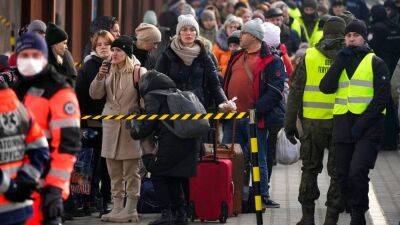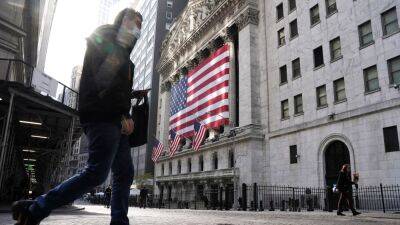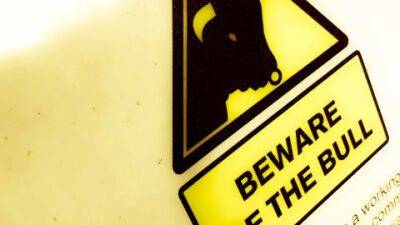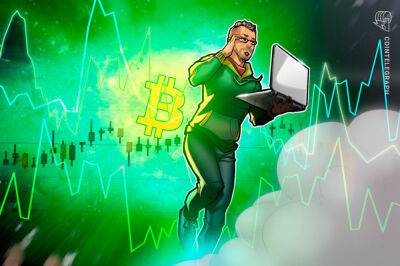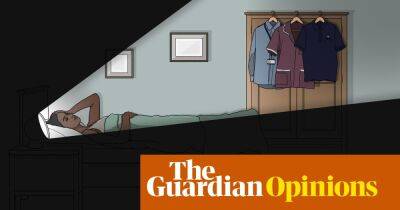Profiteering bosses, not workers, are pushing up inflation. Here’s how to fight back
Some days it seems the entire country has slipped back half a century, to the 1970s. Abba are once again playing arenas, the Sex Pistols are gobbing all over our screens, and every chunk of masonry tumbling off Parliament gifts the headline writers another crack at their favourite decade. Government in chaos? It’s the 70s all over again! Record inflation? Seventies, obvs. And the strikes breaking out across the UK? Why, they’re about as 70s as Red Robbo, Reliant Robins and Reg Varney.
In all honesty, I’m not so horrified about time-travelling to the decade that saw the economy regularly growing two or three times faster than today, while keeping a far smaller gap between rich and poor. If that’s meant to be dystopia, I’ve read worse from scientists at the Intergovernmental Panel on Climate Change (IPCC) – and they’re talking about what lies around the corner. But to abide by the current laws of physics, the whole story is, as that perceptive analyst of British affairs Johnny Rotten might say, bollocks. Trade unions are a fraction of the size and strength they were in 1979 and, from sick pay to strikes, British workers get among the roughest treatment in western Europe. One result is that average wages are falling at their fastest rate in two decades, and many workers rely on benefits or even food banks to get by. Whatever the caricaturists may say, that is the backdrop to tomorrow’s march through London by union members.
The biggest threat to what remains of our tattered social contract isn’t 1970s-style unions but 2020s-era capitalism. From privatised trains to high-street chemists and care homes, industry after industry is today owned by multinational investors with tentacles around the world who treat our basic needs as
Read more on theguardian.com




